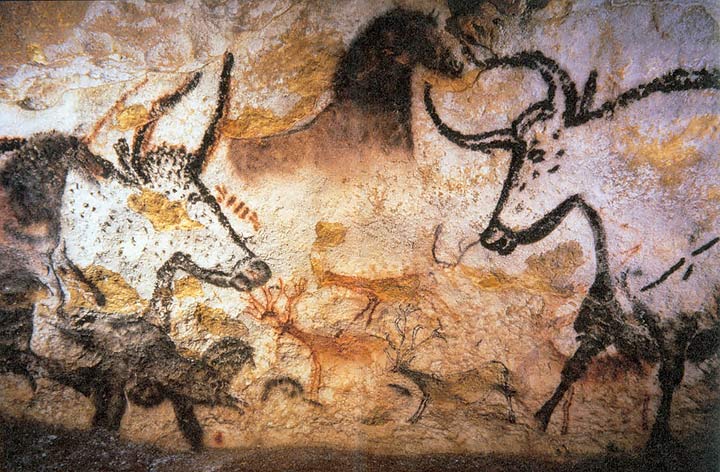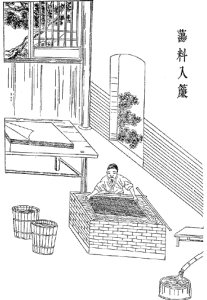Writing

People don’t often think of writing as a form of technology, but it serves as the second-oldest form of communication technology, pre-dating all innovations in the field except for formal language. Most people often take writing for granted because they tend to learn how to do it at an early age, but despite such familiarity, writing remains an ancient but useful form of technology. Depending on the region of the world studied, scholars estimate the act of writing originated between 3200 B.C.E. (Middle East), 1200 B.C.E. (Asia), and 600 B.C.E. (North America). Unlike iconic, or pictorial, depictions of historical events, humans began to develop arbitrary systems of writing, which means the symbols or letters used did not look like the form they were used to represent.

It took a long time for writing to resemble its modern form. The Chinese first invented paper around 100 B.C.E., but paper didn’t make its way to Europe and the rest of Western civilization until around the 10th century. This means that, for about 4,200 years, much of the Western world was taking notes and writing things down on media other than the paper. What did they write on, if not paper? For four millennia, writing took place on media such as slate, leather, bark, and clay. Due to the limitations of replication, storage, and portability these media offered, writing during this time period did not provide the potential for mass communication due to the limited audience who could engage with such rudimentary messages.
Throughout history, individuals and societies have often looked at innovative technologies with mistrust and fear, and this holds true for the second-oldest. Even the now cherished art of writing had its detractors when first developed.

Socrates (d. 399 B.C.E.), often credited as the founder of Western philosophy, said this about writing in his famous dialogue, The Phaedrus:
…this discovery of yours [writing] will create forgetfulness in the learners’ souls, because they will not use their memories; they will trust to the external written characters and not remember of themselves. The specific which you have discovered is an aid not to memory, but to reminiscence, and you give your disciples not truth, but only the semblance of truth; they will be hearers of many things and will have learned nothing; they will appear to be omniscient and will generally know nothing; they will be tiresome company, having the show of wisdom without the reality.
In other words, Socrates’ complained that the latest “fad” of writing could potentially create a society of idiots who relied so heavily on technology that they could no longer function for themselves. Does it sound surprising that one of the great philosophical minds held such a negative opinion against writing? Arguments against new communication technologies resurface every time society welcomes a new tool that enhances the process.
The advantages of writing, however, far outweighed any negative tradeoffs, and people continue to engage in the process to this day. Suddenly, individuals could 1) store information more permanently without having to rely on someone with a remarkable memory, 2) transmit messages over greater distances, and 3) record and analyze communications[1]. Every rapid change in communication begets winners and losers, grants benefits and drawbacks, and catalyzes change. Such change becomes permanent if the benefits outweigh any disadvantages society experiences to adopt the new technology. This pattern will continue in the next three revolutions.
- A detriment to politicians, for they could no longer count on getting away with changing their stories so rapidly! ↵

